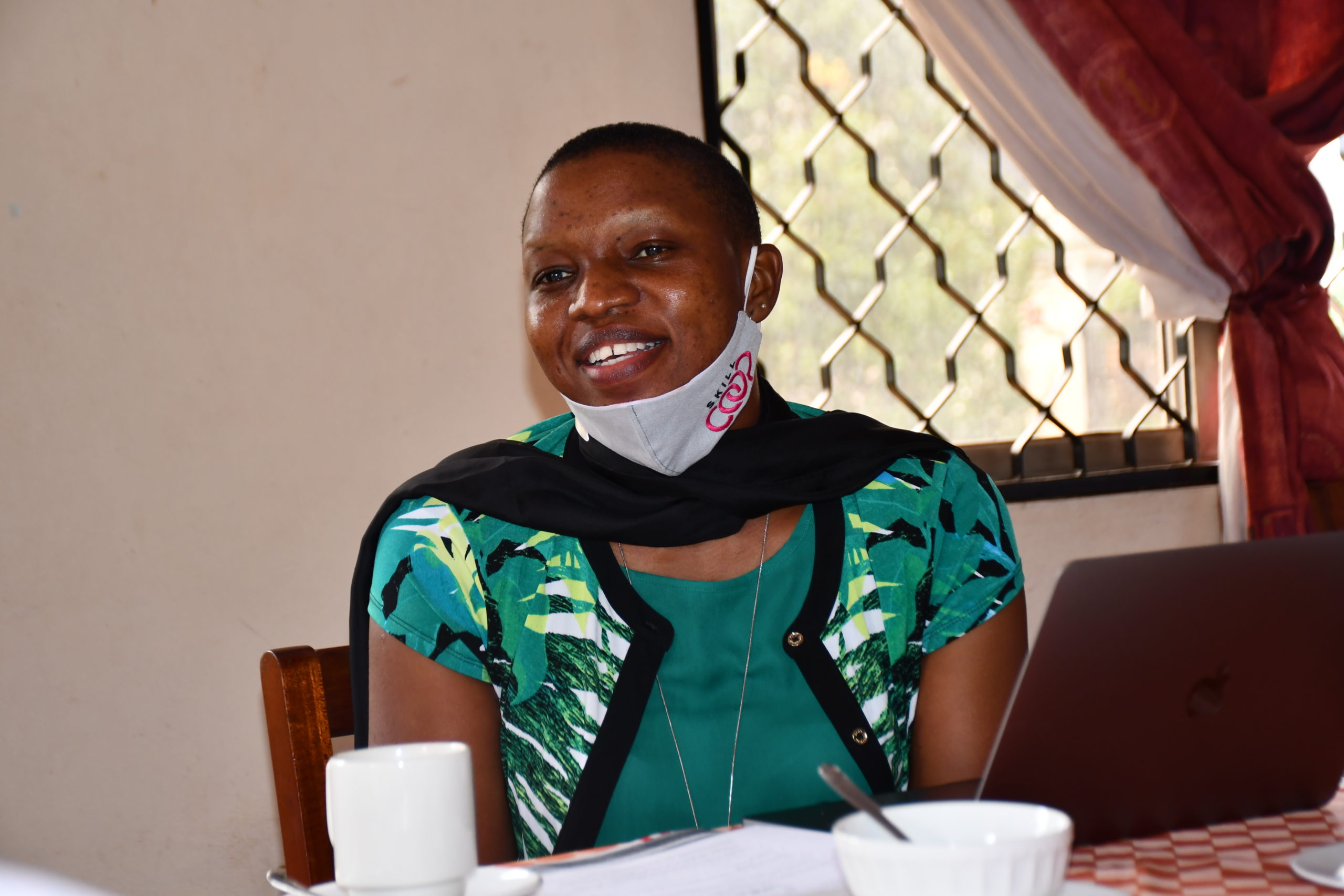Cooperatives can help deliver the country’s socio-economic goals in a post-COVID-19 world, enhance resilience and promote women’s inclusion in government’s economic recovery programs, experts believe.
According to Monica Emiru Enyou, the Executive Director of the National Association of Women’s Organizations in Uganda (NAWOU), the COVID-19 pandemic disadvantaged the enterprises of many vulnerable women, devastated by inadequate inclusion in government planning and implementation of the economic recovery program.
She made the remarks in a panel discussion titled “Women in business, the daunting journey to recovery,” which aired on NTV (U), a leading local television station.
The discussion, which was organized by the Uganda Association of Women Lawyers (FIDA Uganda), the National Association of Women’s Organizations in Uganda (NAWOU) and the Forum for Women in Democracy (FOWODE), focused on how women-led enterprises can be supported to recover in the wake of the COVID-19 pandemic.
Coops for women
In her submission during the same discussion, Jane Amuge Okello, Operations Director of The Uhuru Institute for Social Development, which aims at promoting the cooperative development model, argued that cooperatives are ideally placed to aid women recover economically.
“Women in Uganda have pre-existing vulnerabilities that were only exacerbated by the COVID-19 pandemic,” she said.
She noted, for instance, the inability by many women to access credit because they lack the formal or collateral requirements demanded by conventional financial institutions.
The Uhuru Institute boss argued that cooperatives, by their very nature can help women overcome some of these challenges, thereby mitigating the negative economic impact of the pandemic on women-led enterprises.
”Because of the trust systems that cooperatives have, women are easily understood and given the space to access credit services, within accessible means and terms,” Amuge said.
She added that cooperatives offer women a more robust environment to thrive, besides easing their access to financing:
“If the cooperative has a dynamic business portfolio that takes care of economic business as well as social needs like health and education, a woman can find shelter within it, even within the new normal.”
Amuge called for the many informal women savings groups to be helped transition into viable cooperatives where women can “plan, strategize and engage in big time thinking.”
Coops not perfect
Whereas cooperatives have been hailed as suitable vehicles by which women can access financial facilities and services, concerns have been raised about inadequately balanced levels of gender participation in their operations.
A joint study by The Uhuru Institute for Social Development, the Centre for Basic Research and Action Aid Uganda entitled “Debating gender in the revival of cooperatives in Uganda,” found that women’s participation, membership, employment and leadership levels within cooperatives is still low (below 45%) despite government commitment.
“Women’s inclusion and participation in cooperatives still faces limitations and yet they provide most of the labor in the cooperative industry. While cooperatives are important in the fight against poverty reduction, their design previously excluded women from membership, management and leadership,” the report reads in part.
Moreover, the report points out, meaningful involvement of women in cooperatives is further limited by the fact that few have control of resources like land or property, which are often required as collateral for financing.
The study underscores the need for financial cooperatives to place greater focus on the performance of people seeking and utilizing cooperative services as a basis for granting credit, rather than insistence on strict collateral requirements which would exclude many women.
Women key to post-COVID recovery
For Dr. Fred Muhumuza, a renowned economist and policy analyst, women have a pivotal role to play women in achieving a turnaround for the economy in the wake of COVID-19.
“The economy runs on agriculture, and agriculture in Uganda is run by the women. So, clearly if the women don’t recover, we cannot recover as a country. And this should inform all our policy directions,” Muhumuza argued.
Nevertheless, he warned that it is premature for Uganda to discuss economic recovery when COVID-19 infections are still on the rise.
“Our health systems are swamped, yet COVID numbers are still coming up. Our GDP which was targeted to grow by 6% grew at 2.9%, and we don’t know whether we are actually recovering.”
Buy your copy of thecooperator magazine from one of our country- wide vending points or an e-copy on emag.thecooperator.news
